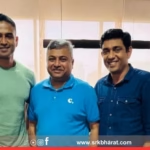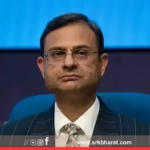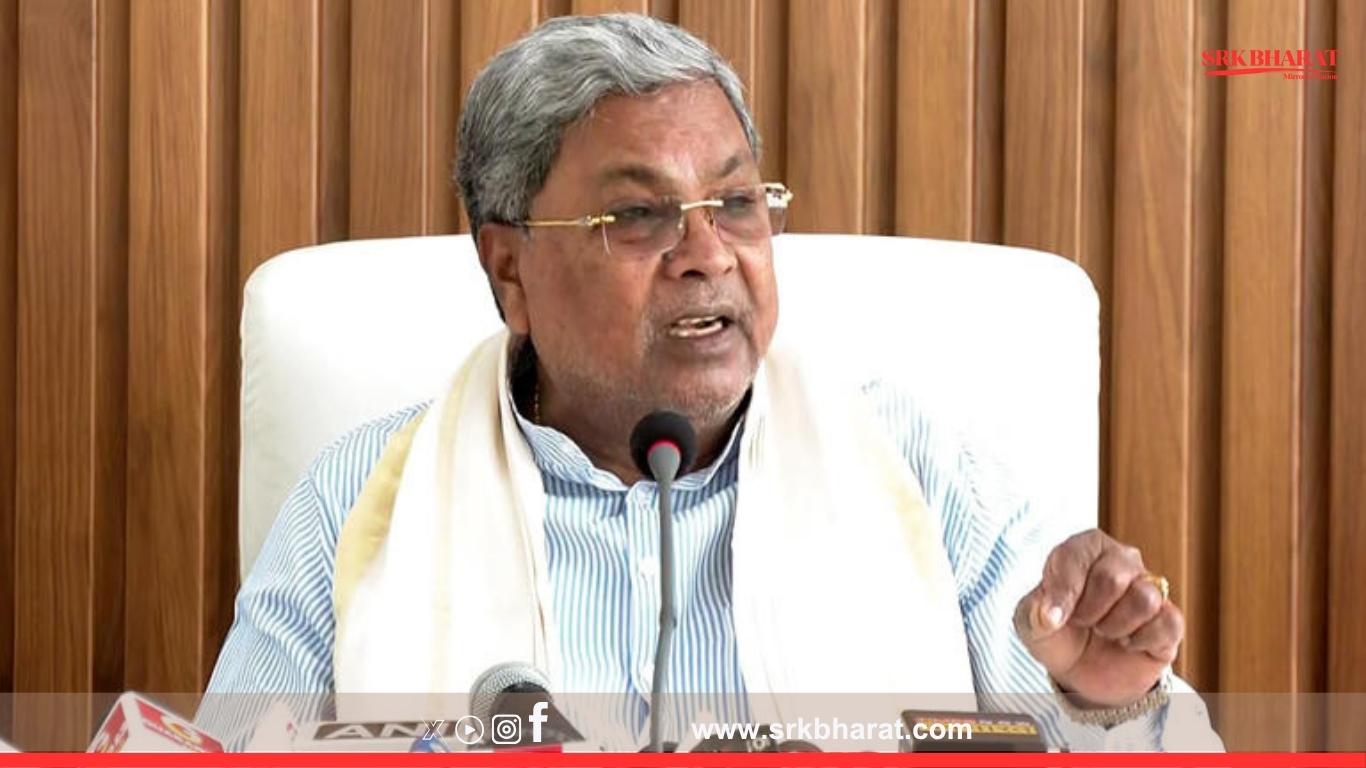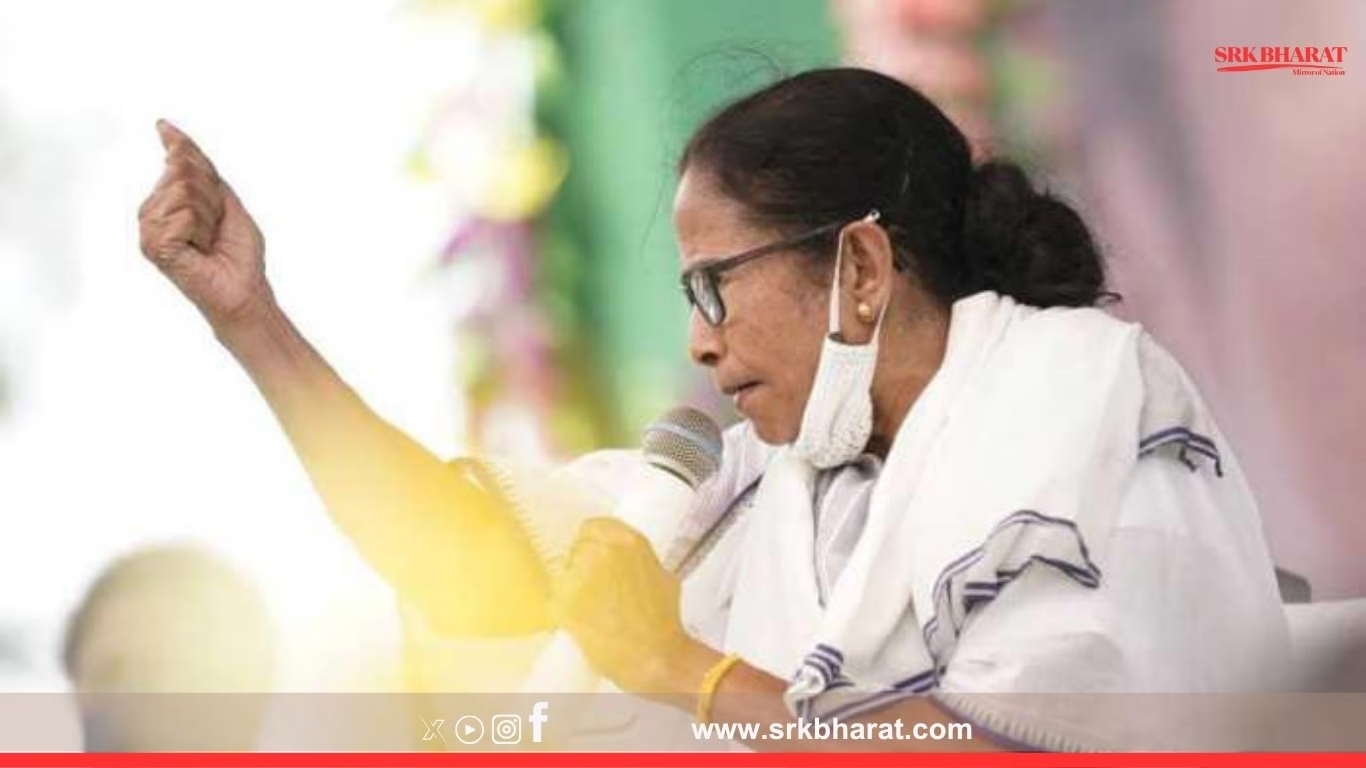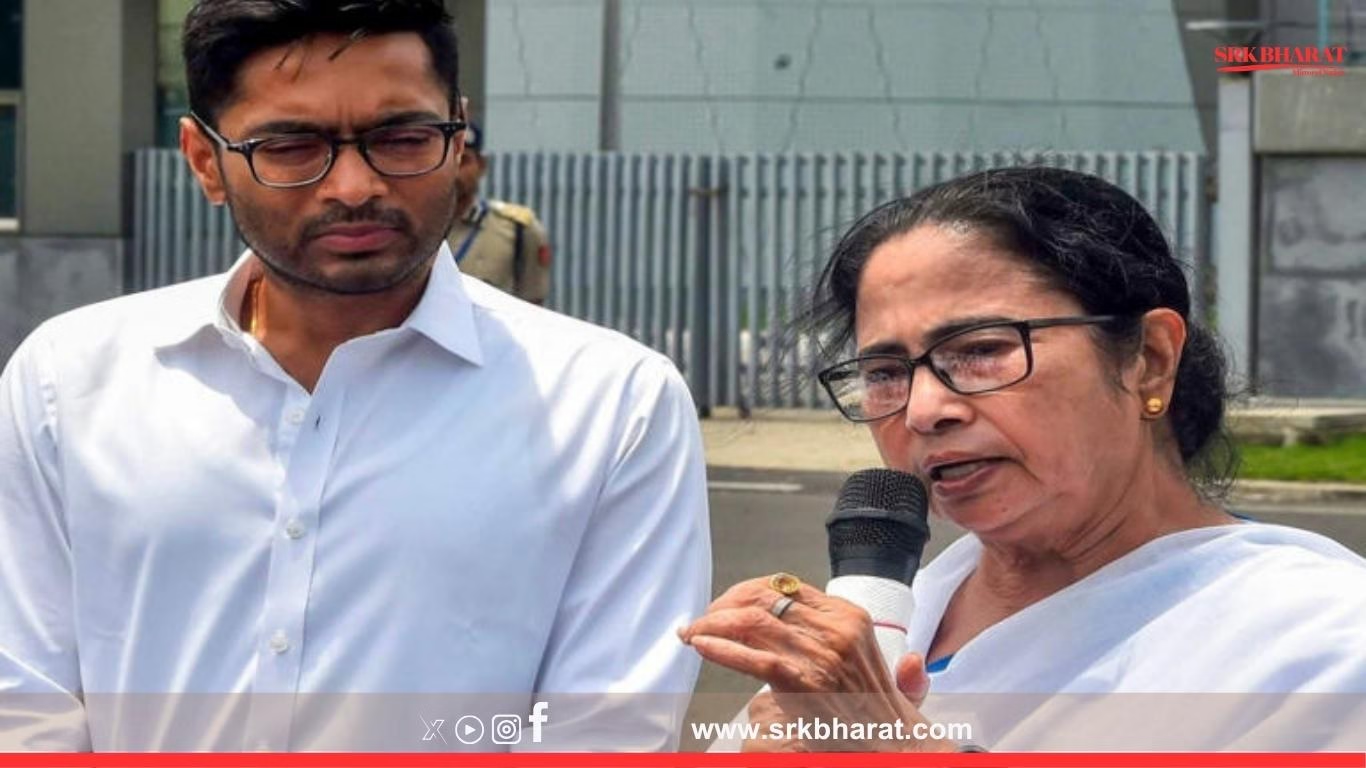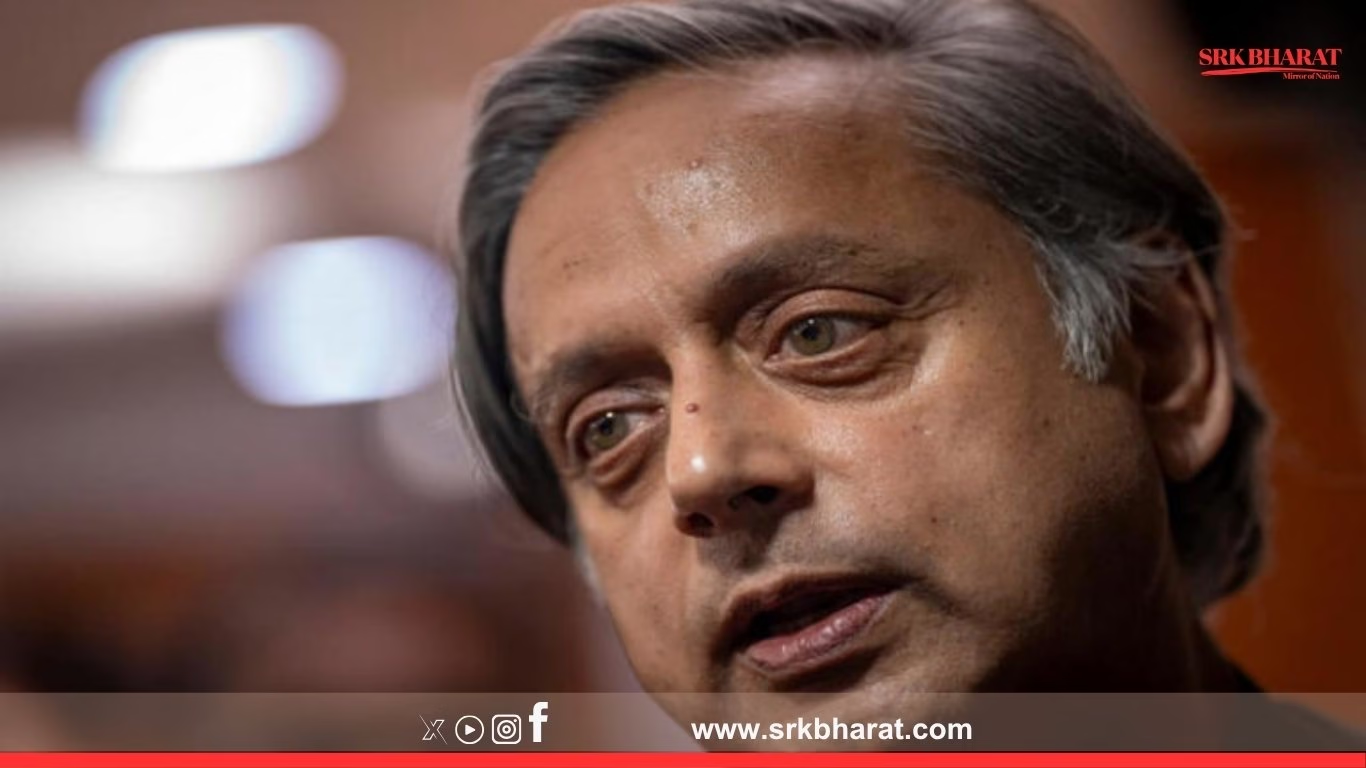As the Siddaramaiah-led Congress government in Karnataka approaches its midway milestone—completing two and a half years in office this November—internal dissent and governance challenges have surfaced, threatening the party’s cohesion and public image.
⚠️ Infighting Erupts Over Alleged Corruption and Power Struggles
The turbulence intensified after senior Congress MLA B.R. Patil alleged corruption in housing allocations under the Rajiv Gandhi Housing Corporation, questioning whether the scheme had become a “business.” A leaked audio clip of his conversation with Housing Minister Zameer Ahmed Khan’s private secretary added fuel to the fire.
- Raju Kage, MLA from Kagwad, backed Patil’s claims and threatened resignation over lack of development funds
- Belur Gopalakrishna, MLA from Sagar, demanded Zameer Ahmed’s resignation
- Molkalmuru MLA N.Y. Gopalakrishna also voiced dissatisfaction publicly
These developments have exposed multiple power centers within the party and raised concerns about administrative inefficiency and ministerial unresponsiveness.
🏛️ CM Siddaramaiah in Damage Control Mode
In response, Chief Minister Siddaramaiah has:
- Held meetings with disgruntled MLAs in Bengaluru
- Promised to address constituency-level grievances
- Reiterated his commitment to transparency and accountability
The Congress high command has reportedly stepped in, urging Siddaramaiah to restore unity and regain public trust, especially after recent setbacks like the RCB victory celebration stampede and the withdrawal of the 2015 caste survey report.
🧠 Political Implications Ahead of 2026
With murmurs of a “revolution” post-September and opposition parties watching closely, the Congress cannot afford to lose momentum. The internal discord threatens to undermine the gains from flagship welfare schemes and erode voter confidence ahead of the 2026 Assembly elections.
Stay tuned for updates on party unity efforts and governance reforms.


